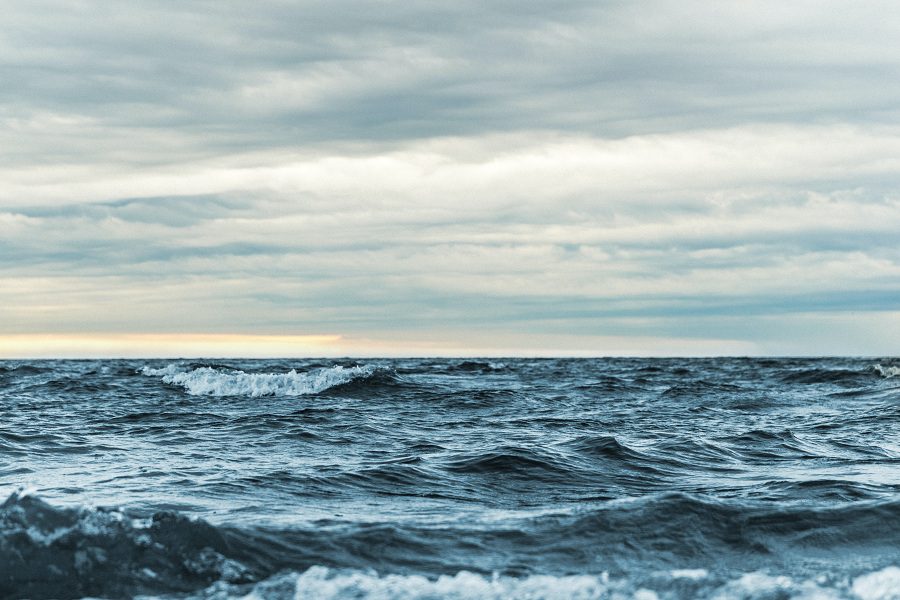The whole plastics economy is now waiting for a systematic change that can influence the oceans’ future.
The current situation Earth faces is already featuring the worst-case scenario: more and more plastics end up in the ocean. So, a new United Nations report has been released, offering key data and guidance.
Here is what you need to know.
Can Plastic Pollution Be Stopped?
According to the United Nations report, to reduce the amount of plastic reaching the ocean, we must start with the amount of plastic used in the system. Researchers urge people to take action and raise awareness about the case, as much of the blame comes from fragmented actions and policies.
The new report, led by a team of researchers from the University of Portsmouth, unveils many challenges that currently stop us from reaching the goal of zero marine plastic pollution by 2050.
“It’s time to stop isolated changes when you have country after country doing random things that on the face of it are good but actually don’t make any difference at all; […] changing one part of the system in isolation doesn’t magically change everything else,” explained Steve Fletcher, professor of Ocean Policy and Economy and the author of the new report.

Recommendations
The researchers published a list of the most demanding and daring recommendations, including:
- the international trade in plastic waste should protect nature and people; it should be more transparent and better regulated;
- the change will only occur if policy targets are made on a global scale, but applied nationally;
- the covid-19 recovery stimulus packages can trigger the Osaka Blue Ocean Vision;
- we should encourage actions that are known to limit marine plastic litter more; sharing is always essential and we should raise awareness about the oceans all the time;
- an immediate program to measure and track the effectiveness of plastics policies should be developed;
- bring innovation ahead and support it; it’s necessary for a transition to a circular plastics economy.
Even if the oceans are already suffering too much, there’s still something we can do about it! However, researchers warn us that time is running out.













Leave a Reply